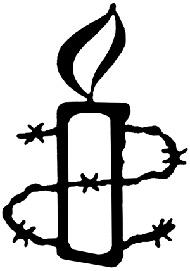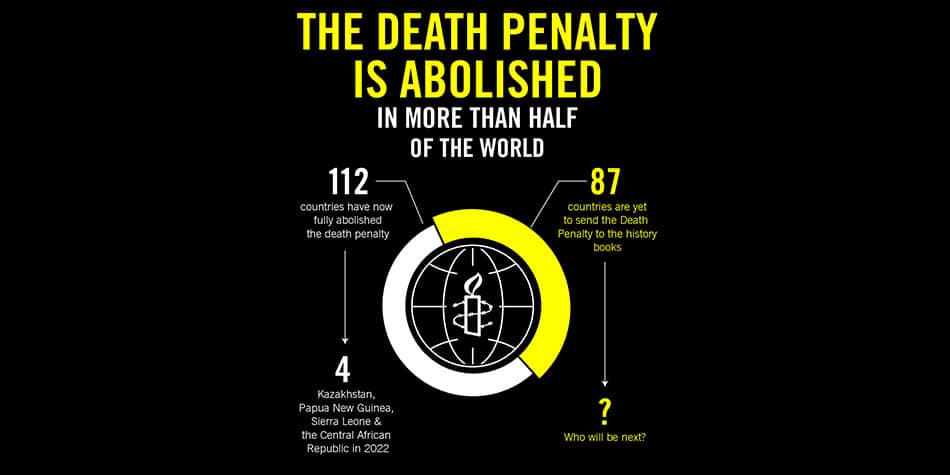United Kingdom
Amnesty International (AI)
Amnesty International (AI) is a worldwide voluntary activist movement working for human rights.
It is independent of any government, political ideology, or religious creed, economic interest or religion. It does not support or oppose any government or political system, nor does it support or oppose the views of the victims whose rights it seeks to protect. It is concerned solely with the impartial protection of human rights.
AI mobilizes volunteer activists: people who give freely of their time and energy in solidarity with the victims of human rights abuses. AI has a varied network of members and supporters around the world.
At the latest count there were more than 7 million members, supporters and subscribers in over 150 countries and territories in every region of the world.
AI members come from many different backgrounds, with widely different political and religious beliefs, united by a determination to work for a world where everyone enjoys human rights.
AI members may be organized in one of several thousand groups in local communities, schools and colleges. Tens of thousands of members also participate in networks working on particular countries and themes or using particular campaigning techniques.
AI believes the death penalty to be the ultimate cruel, inhuman and degrading punishment, which has never been shown to deter crime more effectively than other punishments. It violates the right to life. The organisation works for an end to executions and the abolition of the death penalty everywhere.
Date founded
1961Structure type
NGO

 1 Easton Street
1 Easton Street Phone +44 (0)207 41 35 797
Phone +44 (0)207 41 35 797






